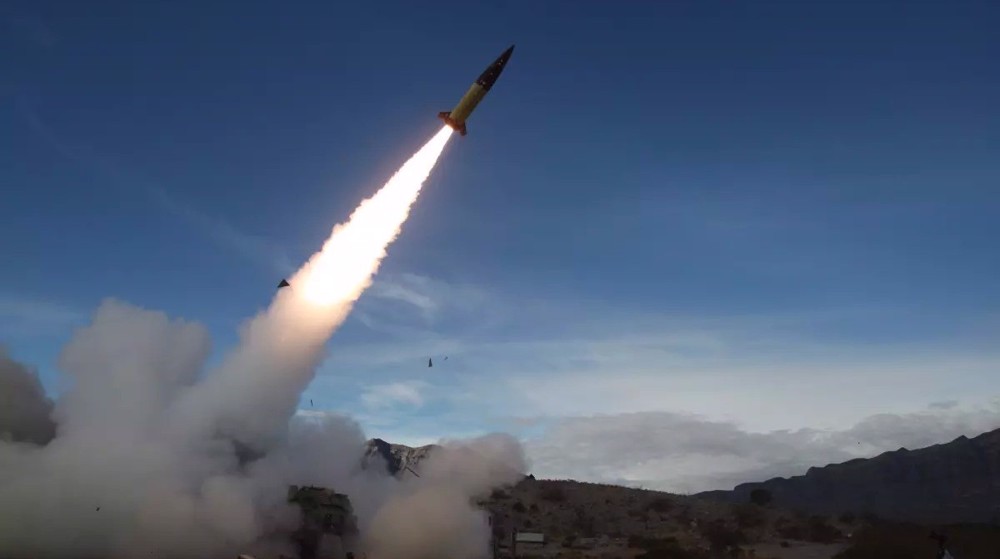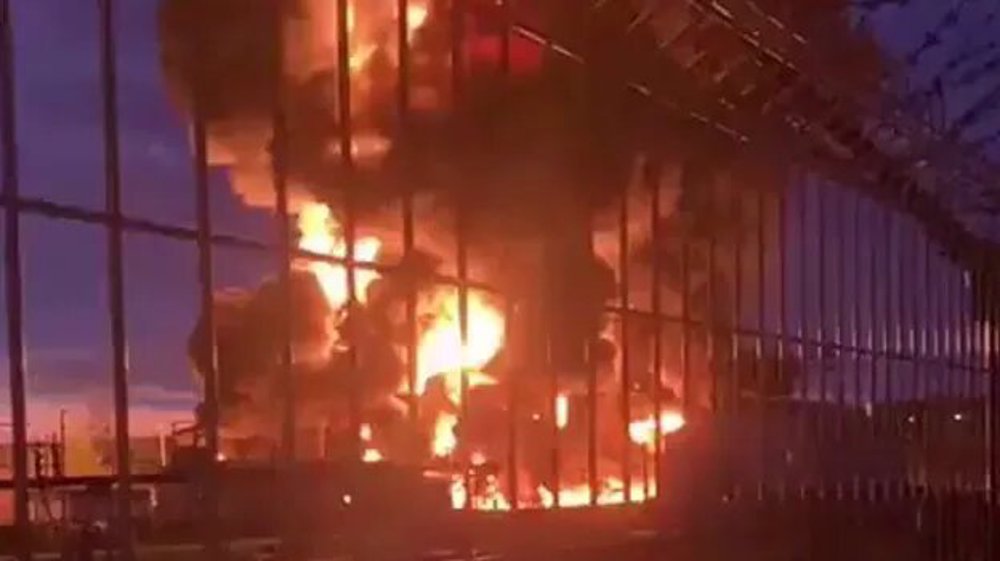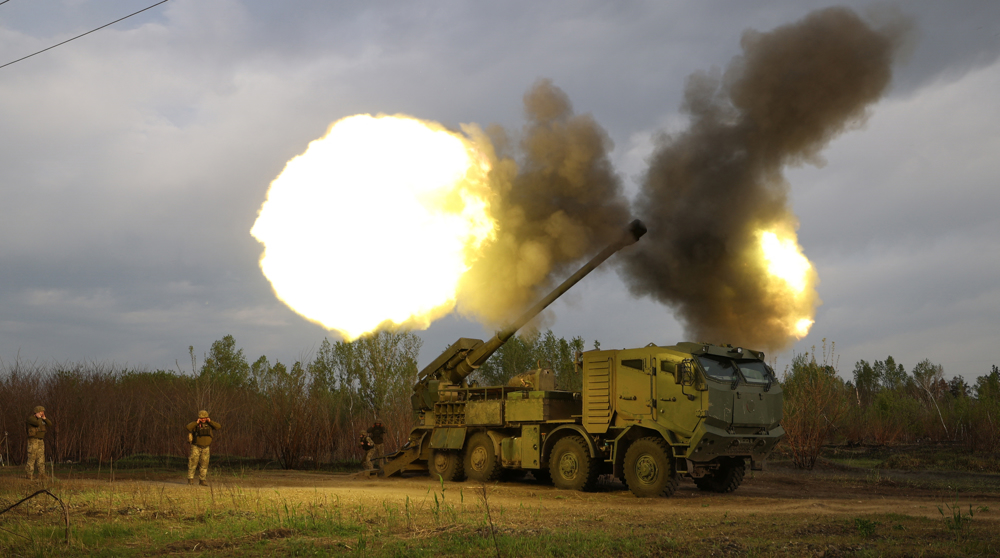Canada introduces new economic sanctions against Russia
Canada has announced fresh economic sanctions on three Russian individuals as well as 14 legal entities over what it calls Moscow’s support for militia forces in eastern Ukraine.
The latest sanctions target Russian energy giants Gazprom and Gazprom Neft, as well as state-owned oil and gas company Surgutneftegaz, and oil pipeline company Transneft.
Alexander Dugin, Pavel Kanishchev and Andrei Kovalenko, who are the leaders of the Eurasian Youth Union political organization, have also been hit with travel bans.
The Conservative Canadian government also introduced a ban on the import and export of commodities from Crimea, a strategic peninsula jutting into the Black Sea.
Crimea declared independence from Ukraine on March 17, 2014 and formally applied to become part of Russia following a referendum a day earlier, in which 96.8 percent of participants voted in favor of autonomy. The voter turnout in the referendum stood at 83.1 percent.
The move sparked angry reactions from the US and the European Union, both imposing “punitive measures,” including travel bans and asset freezes, against a number of Russian officials as well as authorities in Crimea.

On May 8, Russian Foreign Ministry spokesman Alexander Lukashevich said in a statement that Moscow had expanded its lists of American and Canadian officials prevented from entering Russia.
“Sanctions are not our method in general, but unfriendly actions force us to respond. The most recent sanctions [imposed by] Washington and Ottawa are no exception,” Lukashevich said.
The Ukrainian conflict broke out in March 2014 following the referendum in Crimea.
The situation, however, degenerated into a major armed conflict after Kiev dispatched troops to the eastern Ukrainian regions of Luhansk and Donetsk in April 2014 in an attempt to suppress the pro-Russia forces there.
The persisting conflict has so far claimed the lives of at least 6,500 people and displaced nearly 1.5 million citizens, according to the United Nations.
MP/GHN/HJL
April 24: ‘Axis of Resistance’ operations against Israeli occupation
Tabas sand defeats US military
'US secretly sent long-range ATACMS missiles to Ukraine in recent weeks'
Iran: Awakened world public opinion determined to stop Israel war crimes
US House speaker wants National Guard to quell pro-Palestine student protests
Iran, Russia sign MoU to strengthen security cooperation
VIDEO | Iran marks defeat of US military operation in Tabas Desert
VIDEO | Press TV's news headlines










 This makes it easy to access the Press TV website
This makes it easy to access the Press TV website